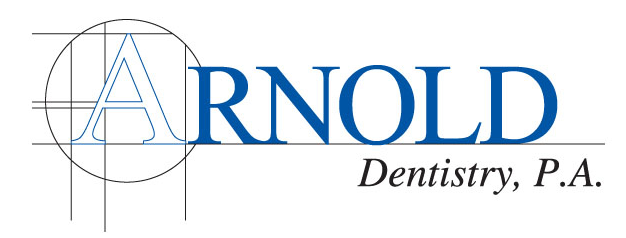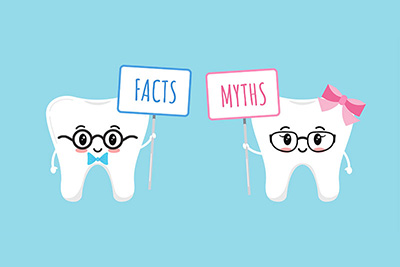Debunking Common Dental Myths
Thu, June 1st, 2023
Taking care of your oral health is essential for maintaining a healthy smile and overall well-being. However, there are numerous dental myths and misconceptions that can lead to confusion and improper dental care practices. In this blog post, we will debunk some of the most common dental myths and provide you with accurate information to help you take better care of your teeth and gums.
Myth #1: Brushing harder cleans your teeth better
Contrary to popular belief, brushing harder does not clean your teeth more effectively. In fact, brushing too hard can damage your tooth enamel and irritate your gums, leading to tooth sensitivity and gum recession. Instead, opt for a soft-bristled toothbrush and use gentle, circular motions to clean your teeth. Remember to brush for at least two minutes twice a day and don't forget to replace your toothbrush every three to four months.
Myth #2: Sugar is the main cause of cavities
While it is true that consuming sugary foods and drinks can contribute to tooth decay, it is not the sole cause of cavities. Cavities are formed when bacteria in your mouth feed on the sugars and produce acids that erode tooth enamel. Poor oral hygiene, frequent snacking, and inadequate fluoride exposure also play a significant role in cavity formation. It's important to maintain a balanced diet, limit sugary snacks, and practice good oral hygiene to prevent cavities.
Myth #3: You don't need to floss if you brush regularly
Brushing alone is not sufficient to clean the areas between your teeth and along the gumline. Flossing is an essential part of your oral hygiene routine as it helps remove plaque and food particles from these hard-to-reach areas. If left uncleaned, these spaces become breeding grounds for bacteria and can lead to gum disease and tooth loss. Make sure to floss at least once a day, using a gentle back-and-forth motion, and consider using interdental brushes or water flossers for added convenience.
Myth #4: Teeth whitening weakens your enamel
Teeth whitening, when done correctly, does not weaken your enamel. Professional teeth whitening treatments are safe and effective, as they use hydrogen peroxide or carbamide peroxide in concentrations that are proven to be safe for tooth enamel. However, overusing at-home whitening products or opting for unregulated treatments can potentially damage your enamel. It's best to consult your dentist for guidance on safe and effective teeth whitening options.
Myth #5: If your gums bleed, you should avoid brushing or flossing
Bleeding gums are often a sign of gum disease, which is caused by the buildup of plaque and bacteria along the gumline. Contrary to popular belief, avoiding brushing or flossing will only worsen the condition. Instead, continue to brush and floss gently, but thoroughly. As you improve your oral hygiene habits, your gums will become healthier, and the bleeding should eventually subside. If the bleeding persists, it's important to visit your dentist for a professional evaluation.
In conclusion, it's crucial to separate fact from fiction when it comes to dental care. By debunking these common dental myths, you can make informed decisions about your oral health. Remember to brush gently, floss daily, maintain a balanced diet, and visit your dentist regularly for check-ups and professional cleanings. With proper care and knowledge, you can enjoy a healthy, beautiful smile for years to come.






